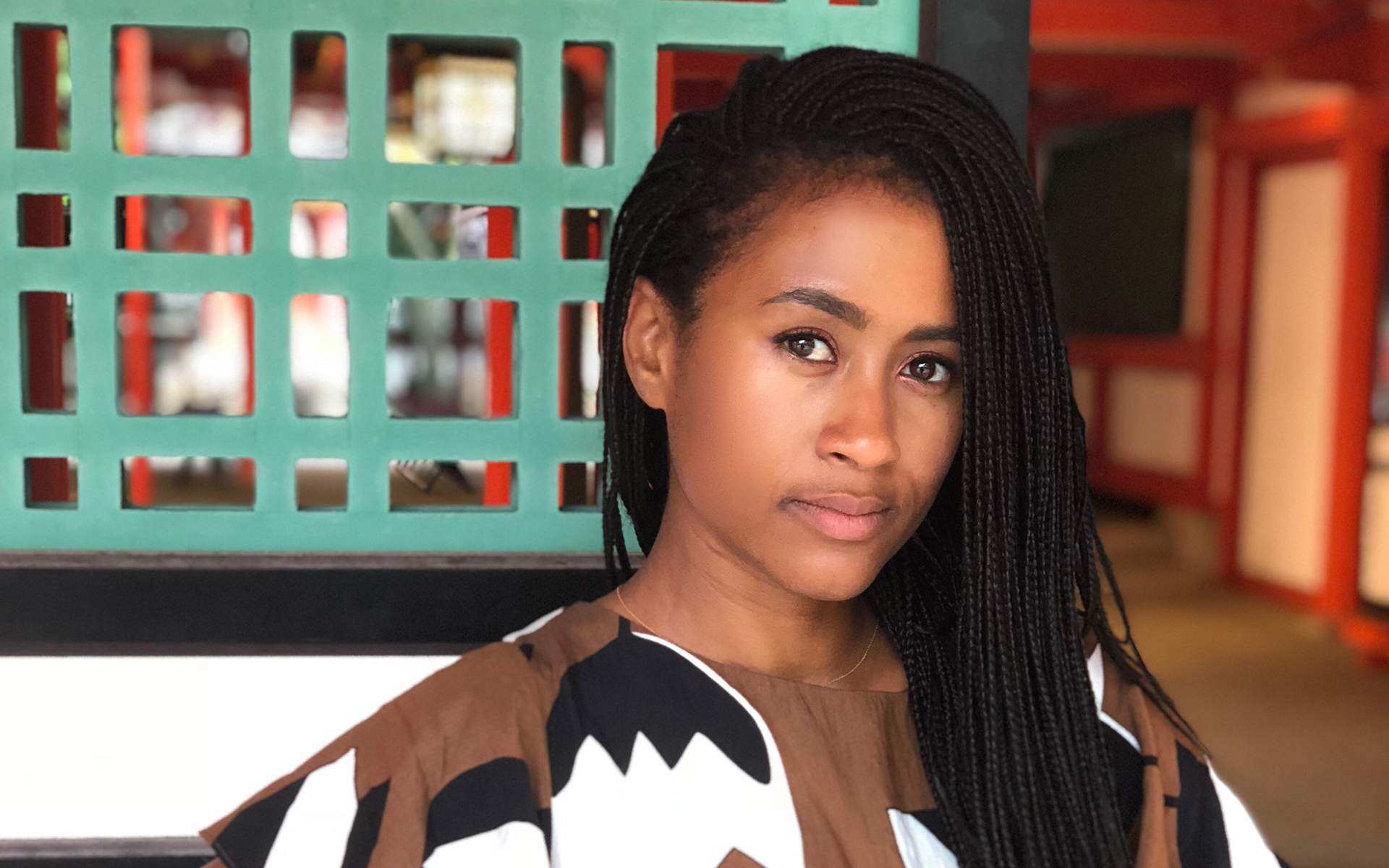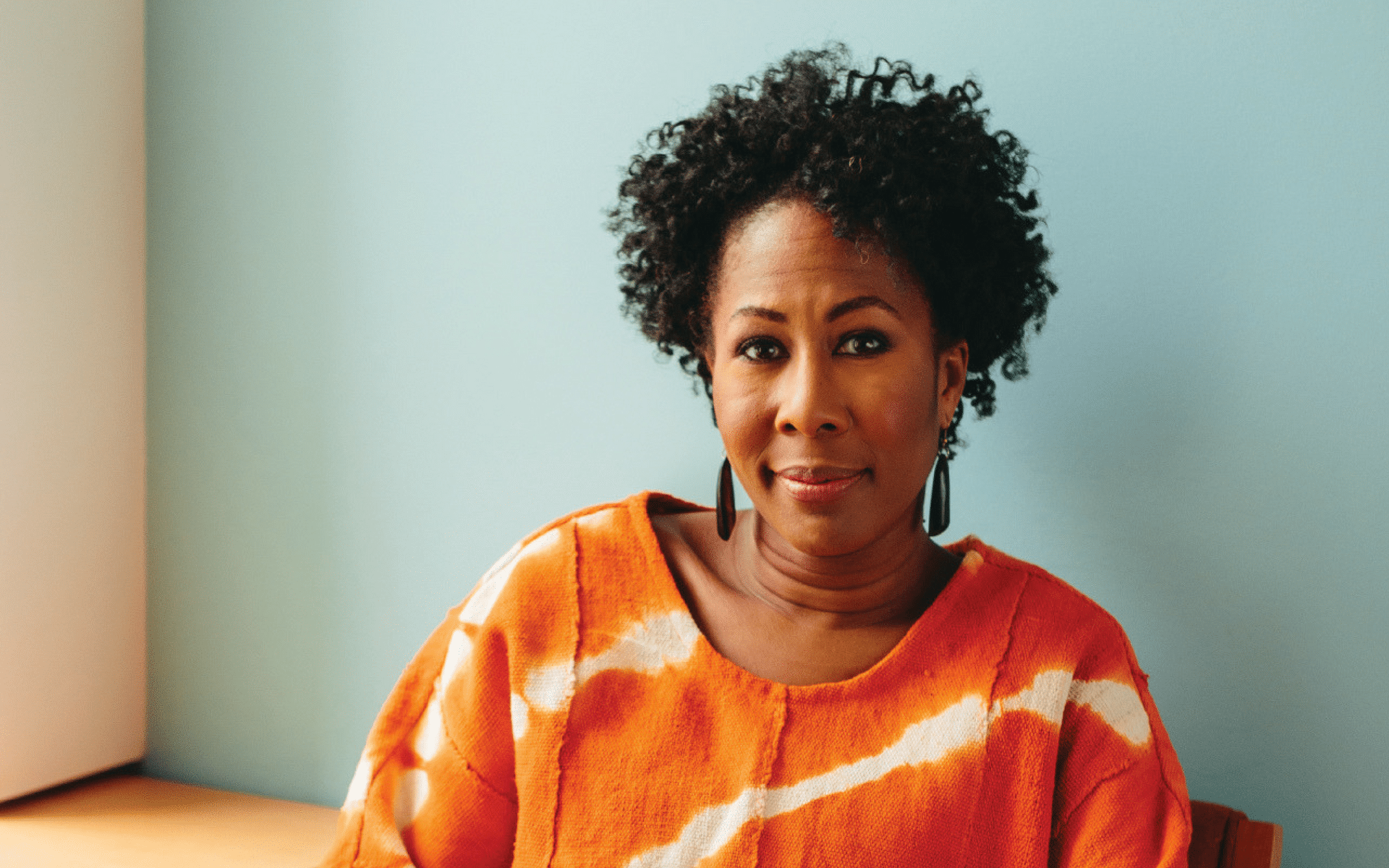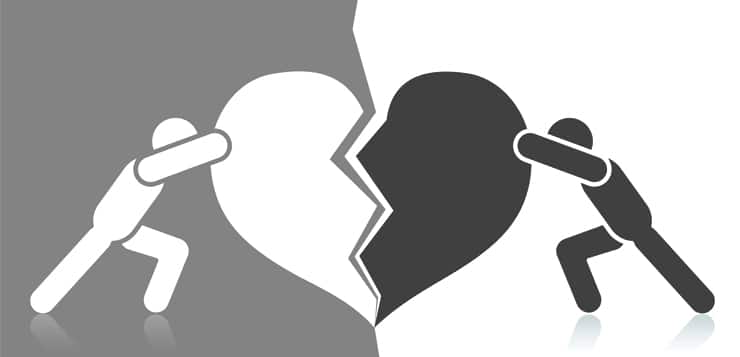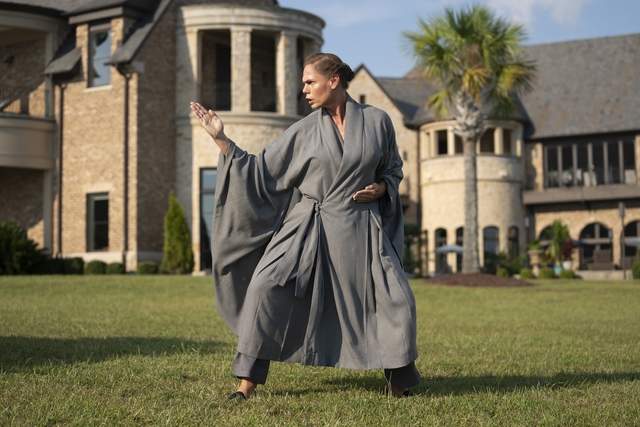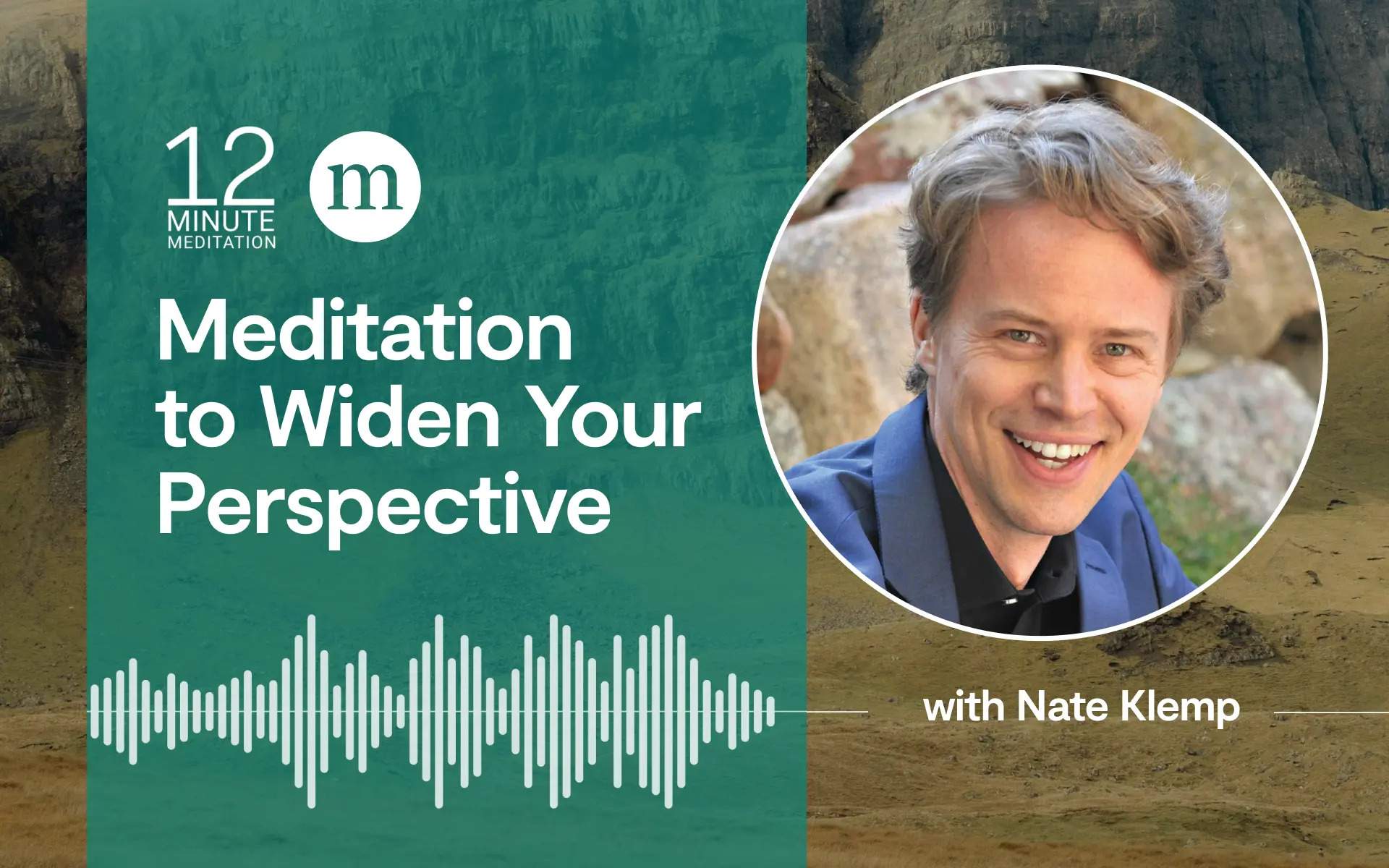Dr. Sará King has an idea she wants you to hear: wellbeing and social justice are the same thing. King is a neuroscientist, medical anthropologist, and meditation teacher. She founded MindHeart Consulting and is a postdoctoral fellow funded by the National Center for Complementary and Integrative Health at Oregon Health Science University, where she brings together her work in neuroscience, mindfulness and social justice in a framework she calls The Science of Social Justice.
Her work aims to give people a more full understanding of the effects of oppression and injustice by talking about how it manifests in our bodies and minds, in addition to societal systems. She says that because trauma affects our physiology, psychology, mental health, and relationships, understanding that the pain permeates so many parts of ourselves helps us heal.
“I think what’s so beautiful is when you integrate science and mindfulness and social justice, suddenly people understand that they have an incredible amount of power to enact positive change on the system,” King says. “If [trauma] is coming from our nervous systems, then that means that it can be healed. There is hope.”
When you integrate science and mindfulness and social justice, suddenly people understand that they have an incredible amount of power to enact positive change on the system.
She has partnered with companies like Google and Nike, as well as multiple universities to facilitate trauma healing circles and meditations based on the Science of Social Justice. Recently, she collaborated with neurobiologist Dr. Dan Siegel and poet and musician Orlando Villarraga to create an installment at the Museum of Modern Art in New York called “The Art and Science of Hope and Justice.”
And though her work now reaches more people, that extended reach is largely fueled by grief caused by systemic racism and violence. “I just started getting these emails and phone calls from people saying ‘we’re hurting,’” she says. And while she wishes that people weren’t in the state of intergenerational pain that makes her work so relevant, she says she sees the space she occupies in neuroscience as the beginning of a shift in how we understand the relationship between awareness and injustice.
“Justice, to me, is loving awareness in action,” she says. When we have a full understanding of what is happening in our world and to us, she adds, we can apply that awareness to our identity. Then, with mindful practice like compassion, loving-kindness, and forgiveness, we can hold our pain in a mindful way. A healing way.
Healing Trauma
Dr. King is no stranger to the trauma and grief that she works to mitigate. As a queer, Black, woman, she says she has always been deeply disturbed by the racism and oppression in her personal life, in society, and in the education system. When she was a young girl, she grappled with the emotional weight of having multiple family members incarcerated. When she was a senior in college, she lost her brother in a violent incident with the LAPD.
“I became so enraged and filled with pain,” she says, and she didn’t know what to do with the trauma. Then, she stumbled upon a bookstore in Venice, California where a spiritual teacher was giving a reading. She went on a retreat with that teacher, and her interest in meditation, yoga, and mindfulness grew.
About five years later, she enrolled in an interdisciplinary PhD program at UCLA where she studied education, neuroscience, and anthropology. There, she identified schools as sites where students socialize, but aren’t coming out of the system with an understanding of interdependence, “because if they were, then we’d obviously have a totally different society,” she says.
So, she decided to try bringing mindfulness practices like meditation and yoga into schools, particularly for students of color. But the response was not what she expected. A group of students mutinied. They organized, they signed petitions, they did not want mindfulness and yoga in their curriculum.
Dr. King puzzled over this, until she realized that mindfulness alone wasn’t what the kids needed. What she was doing helped students with emotion regulation, learning, and healing, but it still wasn’t giving them the tools to talk about and practice specifically with the oppression they faced. “The way in which they make meaning and sense out of the world is constantly being shaped by these external forces of systemic oppression,” King says, of the students she worked with, “which are then causing them trauma in their bodies, which they’re coming into contact with and feeling into it really deeply for the first time. But they’re not being given any language or practices around that.”
Empowerment in Social Justice Work
In late January 2021, King unveiled a new framework called The Systems Based Awareness Map at an online Garrison Fellowship forum and the first Embodied Social Justice Summit. This new tool helps people who deal with intergenerational trauma visualize the relationship between their individual awareness and the bigger picture. It focuses on the ways in which intergenerational trauma is harmful to both the individual and the collective, and how, using mindful practices around awareness and the meaning of identity, individuals can begin to change the society in which they live.
She says that so far, the verbal feedback from people she’s worked with using The Systems Based Awareness Map framework has been that this tool helps them feel like they are doing work in mindfulness and social justice that matters. They feel empowered and purposeful.
The long-term goal, King says, is that “no matter what your education level, no matter where you’re from, you have access to really understanding what’s happening in your own experience and how much power you actually have in justice.”
READ MORE
A Conversation on Mindfulness, Bias and Racial Justice
It’s difficult to have a conversation about racism, privilege and fragility without things getting heated. In this Point of View Podcast, experts weigh in on the role mindfulness plays in understanding and navigating racial justice.
Read More
Wise Judgement
Law professor, mindfulness instructor, and former judge Gretchen Rohr on the ways mindful-ness and justice intersect.
Read More
When Mindfulness and Racism Intersect
Point of View Podcast Episode 7: Exploring how we’re missing out on the joys of our rich human community, and how mindfulness can help us dismantle the subtle patterns and habits that separate us from each other.
Read More


